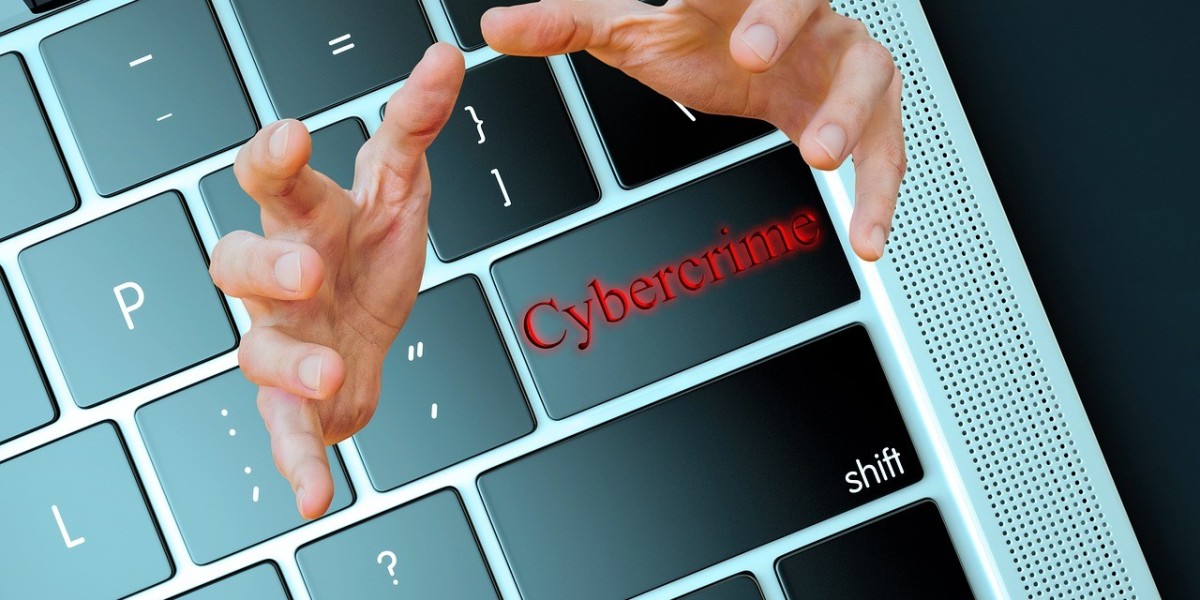In today's digital age, data has become one of our most valuable things. Personal information,
and managing financial records, business secrets, and national security data are all stored online, making them the most important targets for computer criminals. Every day, people, companies, and governments fall victim to attacks (with a computer), suffering significant losses in money, trust, and reputation. As these attacks grow more fancy (or smart), the tools and success plans/ways of game plan we use to fight them must also improve. That's where ethical hacking comes in.
Ethical hacking isn't about breaking into systems for fun or good things received. It focuses on finding security flaws before criminals do and fixing them.
What is Ethical Hacking?
Ethical hacking, often called "white-hat" hacking, involves legally hacking into systems and networks to spot possible weaknesses. Ethical computer criminals are computer security professionals who imitate the strategies of computer criminals, not to cause harm, but to help organizations defend themselves.
For example, a company might want to test if its website is secure. They could hire an ethical hacker to pretend an attack. If the ethical hacker discovers a weakness that could expose customer data, they report it, allowing the company to fix the issue before a criminal (bold or daring acts) does it. This type of security test is known as a penetration test, and it's a key part of modern computer security.
Why Ethical Hacking Matters More Than Ever
Computer-based crime has changed from a special concern to a serious worldwide problem. Ransomware, phishing, and large illegal computer break-ins now feature fancy (or smart) and damaging strategies. In fact, damages from computer-based crime were guessed (a number) to go beyond $10 trillion around the world in 2024, a very unsteady (or huge) figure that highlights the seriousness of the issue.
No one is completely safe—not small businesses, billion-dollar corporations, or even governments. That's why ethical hacking is more and more seen as extremely important in any computer security plan. By identifying weaknesses before criminals do, (honest and right) computer criminals help companies save time and money and protect their reputations. It's almost the same as hiring a locksmith to check your doors and windows before a thief thinks about breaking in.
How ethical hackers operate
Ethical hackers follow a clear process to make sure their tests are effective and safe. Here's a quick summary of how they usually work:
- Information gathering: Gathering information about the target, such as IP addresses, domain names, and open ports.
- Scanning: Carefully studying the system for weaknesses (that could be used to hurt something or someone), like outdated software or weak passwords.
- mistreatment: Trying to fully use (for profit) those weaknesses to understand how a real attacker might break in.
-mistreatment: Testing the kind of damage that could be done—could sensitive data be stolen? Could deeper access be gained?
- Reporting: Delivering a described/explained report that outlines the weaknesses (that could be used to hurt something or someone) and suggests steps to fix them.
Ethical hackings use tools like Nmap, Metasploit, Burp Suite, and Wireshark to do their job. These are many of the same tools used by ethical hackers, but in a responsible and legal manner.
Effect of Ethical Hacking
Ethical hackings have already helped prevent major disasters. Big tech companies like Google, Microsoft, and Facebook offer bug reward programs that reward ethical hackers for finding and responsibly reporting security flaws. These programs have led to the discovery and fixing of serious weaknesses (that could be used to hurt something or someone) that could have affected millions of users.
One well-known case involved an ethical hacker who found a flaw in Facebook's password reset process that could have allowed anyone to take over any account. Instead of fully using it (for profit), the computer criminal reported the issue to Facebook and received a reward. This act possibly saved huge numbers of users from having their personal information stolen.
(related to the rules and beliefs of doing the right thing) and legal borders
Not all hacking is legal—and this is what separates ethical hacking from evil and cruel ones. For hacking to be believed ethical, it must be approved, usually needing written permission from the organization being tested. Without this formal approval, even kind-hearted actions can result in serious legal results.
That's why many ethical hackers get certifications like Certified Ethical Hacker (CEH) or Offensive Security Certified Professional (OSCP). These (written proof of identity, education, etc.) (show or prove) not only (ability to do particular job-related tasks well) but also an understanding of legal and ethical responsibilities.
Laws such as the Computer Stealing (by Lying) and (Very Mean, Unfair Treatment) Act (CFAA) in the U.S. and the General Data Protection Regulation (GDPR) in Europe command how and when security testing can happen. Ethical hackings must keep informed about these laws to sure their work remains within legal limits.
Challenges and the Road Ahead
(even though there is the existence of) the clear benefits of ethical hacking, challenges remain. Some companies are slow to act to allow outsiders—even trusted professionals—to test their systems. As technology changes (and gets better), so do threats. The rise of AI-powered attacks and more and more complex digital (surrounding conditions) means Ethical hackings must continuously learn and change a little and get better.
But the future looks promising. The demand for ethical hackings is rising quickly, and the line of work is gaining more recognition and respect. As businesses and governments invest more in computer security, ethical hacking will play an even more important role.






